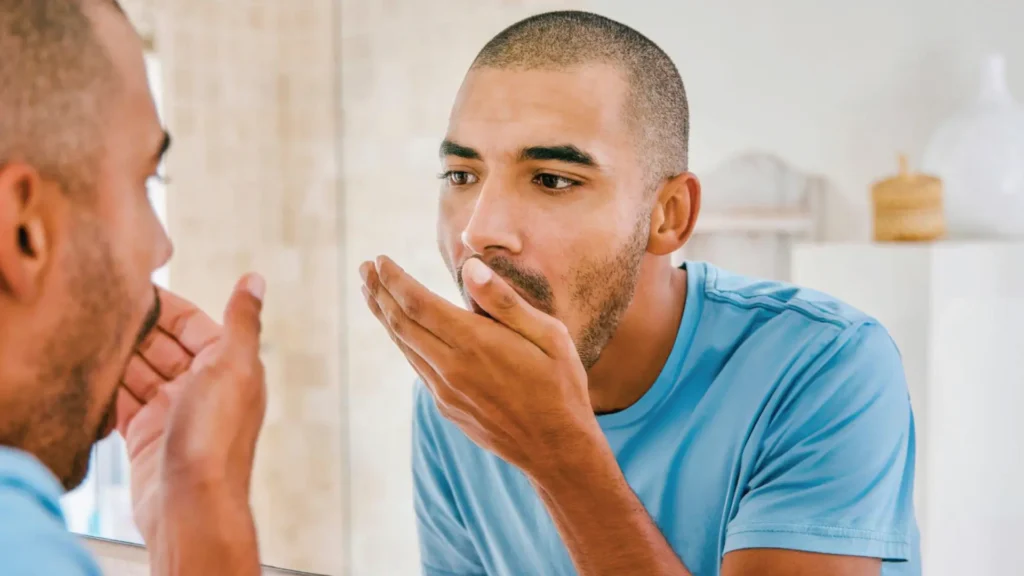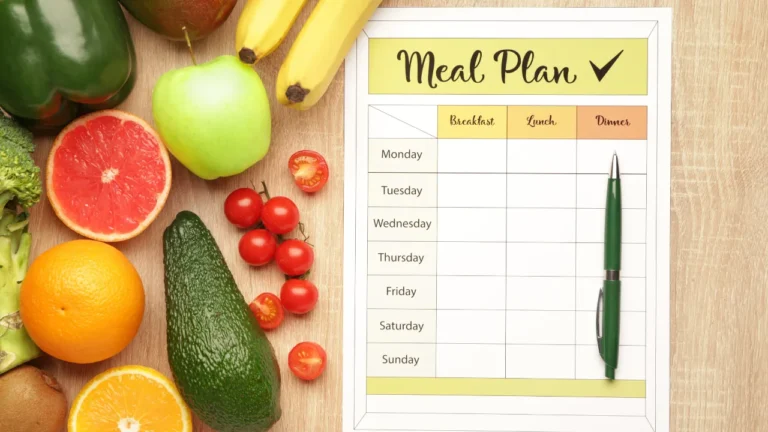Hey there, folks! Let’s talk about something that might make you cringe a little but is totally worth addressing: bad breath, also known as halitosis.
Don’t worry, you’re not alone in this. Halitosis is something many of us deal with at some point in our lives, and luckily, there are plenty of ways to tackle it head-on.
Causes of Halitosis
Here are some of the most common causes of halitosis:
- Poor oral hygiene: Brushing your teeth twice a day and flossing once a day is essential to remove food particles and plaque buildup. If you don’t brush and floss regularly, bacteria will multiply and cause bad breath.
- Dry mouth: Saliva helps to cleanse the mouth and wash away food particles. When you don’t produce enough saliva, your mouth can become dry, which can lead to bad breath. Dry mouth can be caused by certain medications, medical conditions, or dehydration.
- Diet: Certain foods, such as garlic, onions, and spicy foods, can cause temporary bad breath. These foods are absorbed into the bloodstream and can reach the lungs, where they are exhaled through your breath.
- Smoking and tobacco use: Smoking cigarettes, cigars, or pipes can dry out your mouth and irritate your gums, both of which can contribute to bad breath. Smokers are also more likely to have gum disease, which is another cause of bad breath.
- Medical conditions: In some cases, bad breath can be a sign of an underlying medical condition, such as sinus infections, acid reflux, or diabetes. If you have chronic bad breath and you’ve ruled out other causes, see your doctor to rule out any medical conditions.
Prevention Techniques
Here are some techniques you can follow to prevent halitosis:
- Practice good oral hygiene: This is the most important step. Brush your teeth twice a day for two minutes each time, using a fluoride toothpaste. Floss once a day to remove food particles and plaque from between your teeth. Don’t forget to replace your toothbrush every 2-3 months, or sooner if the bristles become frayed.
- Clean your tongue: Bacteria can also build up on your tongue, contributing to bad breath. Use a tongue scraper or brush your tongue gently with your toothbrush to remove bacteria and debris.
- Stay hydrated: Drinking plenty of water throughout the day helps keep your mouth moist and washes away food particles. Aim for eight glasses of water per day.
- Watch what you eat: Certain foods, like garlic and onions, can cause bad breath. If you know you’re going to be in a situation where fresh breath is important, avoid these foods.
- Sugar-free gum or mints: Chewing sugar-free gum or sucking on sugar-free mints can stimulate saliva production and freshen your breath. Look for gums and mints that contain xylitol, which can actually help reduce bacteria in your mouth.
- Visit your dentist regularly: Schedule regular dental checkups and cleanings to remove plaque and tartar buildup that can contribute to bad breath. Your dentist can also identify any underlying oral health problems that may be causing bad breath.
Natural Remedies
If you’re looking for some natural remedies to freshen up your breath, we’ve got you covered.
First things first, stay hydrated! Drinking plenty of water throughout the day helps keep your mouth moist and washes away food particles and bacteria.
Chewing sugarless gum can also help stimulate saliva production, which is your body’s natural defense against bad breath.
And if you’re into herbal remedies, why not give peppermint or parsley a try? Both have been said to freshen breath naturally.
And of course, don’t forget about mouthwash or rinses.
Opt for alcohol-free options to avoid drying out your mouth, and look for ones that contain antibacterial ingredients like tea tree oil or chlorhexidine.
Conclusion
So there you have it, folks. Halitosis might be a stinky subject, but it’s nothing to be ashamed of.
With the right combination of good oral hygiene, healthy habits, and maybe a sprinkle of natural remedies, you can kiss bad breath goodbye for good.
Remember, if you’re struggling with halitosis, you’re not alone. Don’t be afraid to reach out to your dentist or healthcare provider for help.
Your breath—and your confidence—will thank you for it.





